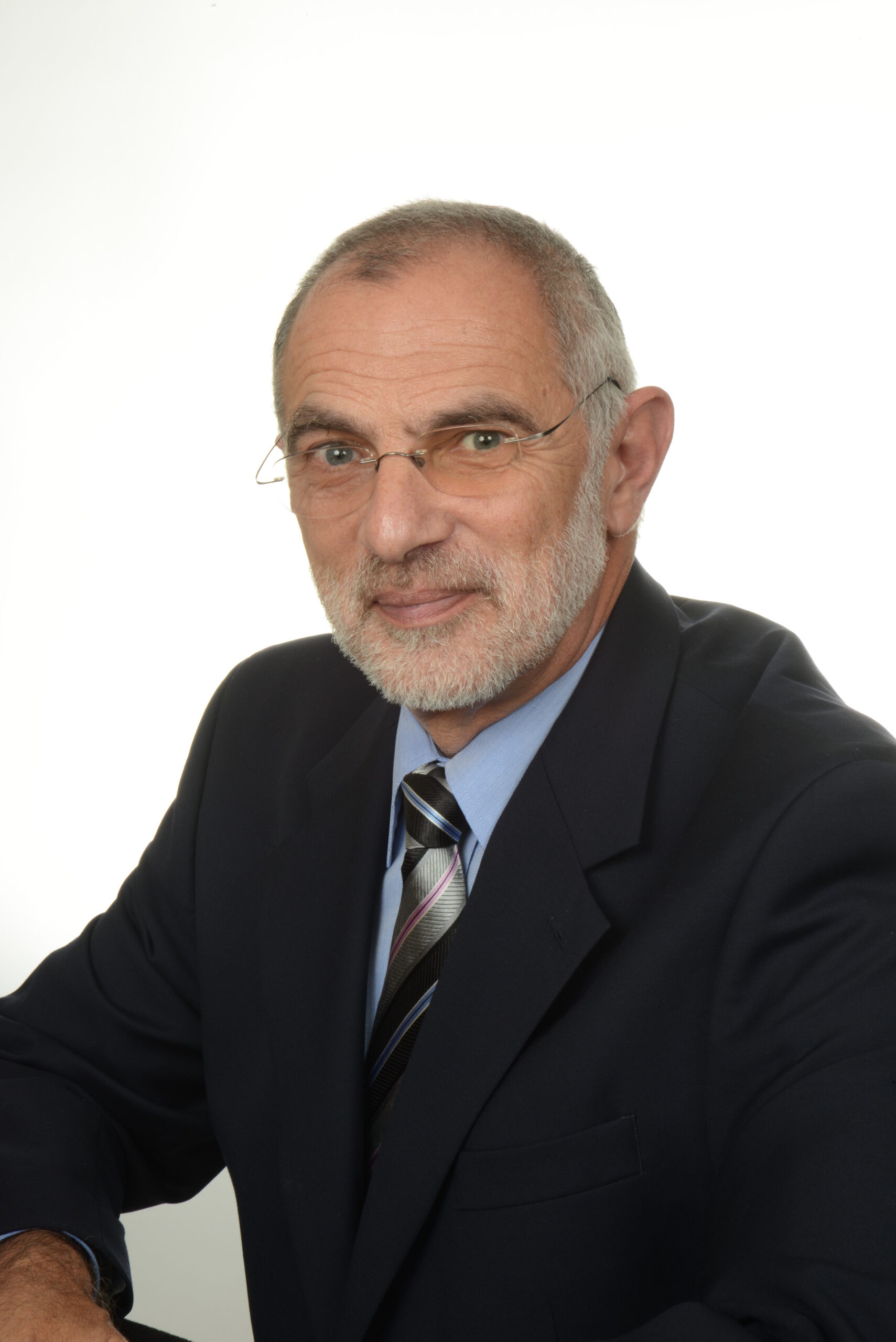The Gates Foundation has awarded The Rotary Foundation a $100 million grant, which Rotary will match, dollar-for-dollar, over three years. It is the largest grant ever given to a volunteer service organization and represents a tremendous validation of the approach and success of our PolioPlus program.
The RI Board of Directors and The Rotary Foundation Trustees have unanimously agreed to accept this challenge grant at a critical juncture for the polio eradication initiative, which needs an infusion of funds to reach the eradication goal. For this reason, the initial $100 million will be distributed by The Rotary Foundation through grants to the World Health Organization and UNICEF in direct support of polio immunization activities in 2008. Rotary has committed to raising $100 million of new funds over a three-year period beginning January 1, 2008. Why is more funding for polio eradication required? At a February 2007 meeting of all polio eradication stakeholders, the director-general of the World Health Organization noted that an urgent injection of additional funding for polio eradication activities was required to reach the eradication goal. Over the past several years, polio eradication efforts have intensified by increasing the number of supplementary immunization activities in the polio-endemic, high-risk, and importation countries. India, for example, is conducting immunization activities almost monthly in some areas and reaching tens of millions of children during each activity. This increased effort requires additional resources. In 1985, Rotary promised every child a world free from the threat of polio, and we are almost there. This funding agreement between Rotary and the Gates Foundation is a huge step forward, bringing us even closer to our ultimate goal of eradicating polio. We have the technical tools to do it, and now we must complete the job. Is progress being made in polio eradication? Tremendous progress continues to be made in polio eradication. Since Rotary launched the PolioPlus program, the number of polio cases has decreased by more than 99 percent and the number of polioendemic countries has fallen from 125 to 4. The number of polio cases globally was an estimated 50 percent less in 2007 compared to 2006. In the four polio-endemic countries (Afghanistan, India, Nigeria, Pakistan), wild poliovirus circulates in very limited geographic areas. What are rotary clubs and rotarians being asked to do? Rotary club and Rotarian participation in this effort is crucial to making it a success. Each club is being challenged to organize a public fundraising event to raise a minimum of $1,000 annually for the next three years. Individual Rotarians are also invited to personally take part in the challenge, with special emphasis on new clubs and members who have not yet had the opportunity to participate in PolioPlus, Rotarys priority program. A more detailed plan to meet the challenge grant is being developed and will be shared with district governors-elect over the next few months. Who else is providing funding for polio eradication activities? This extraordinary commitment from the Gates Foundation and our organization can serve as a catalyst for further donations from others to help us realize the dream of a polio-free world. Donor nations will continue their support of polio eradication activities, but the competition for funding of other public health problems such as malaria, HIV/AIDS, and tuberculosis is intensifying. The Gates Foundation has agreed to lend its support to polio eradication advocacy activities as an important part of its relationship with Rotary.Related Posts
Recent Posts
-

-

-

-

-
 Youth Talent Explosion Dazzles Audience in Riviera BeachApr 19, 2024 | SF STAT!
Youth Talent Explosion Dazzles Audience in Riviera BeachApr 19, 2024 | SF STAT!























